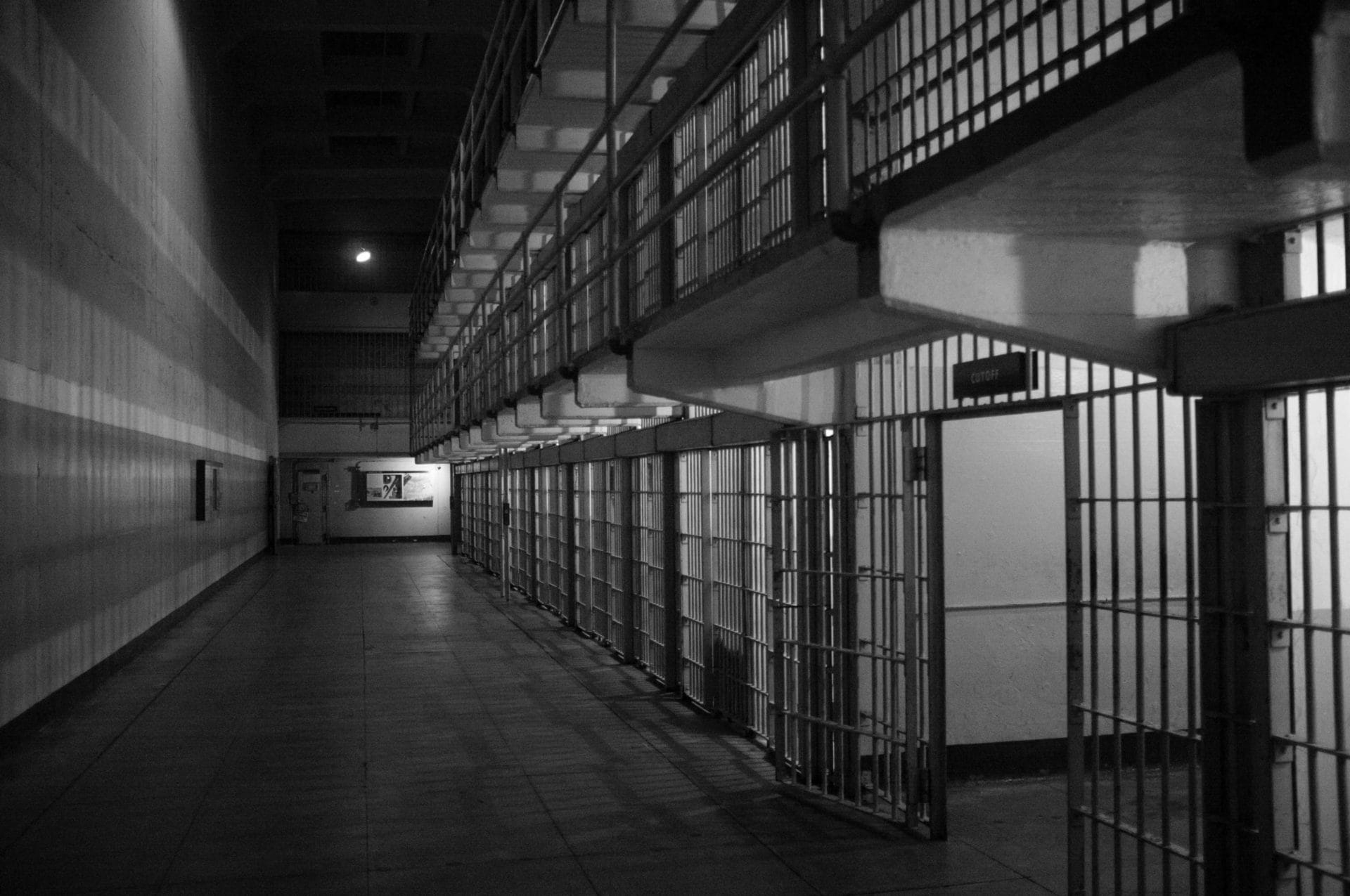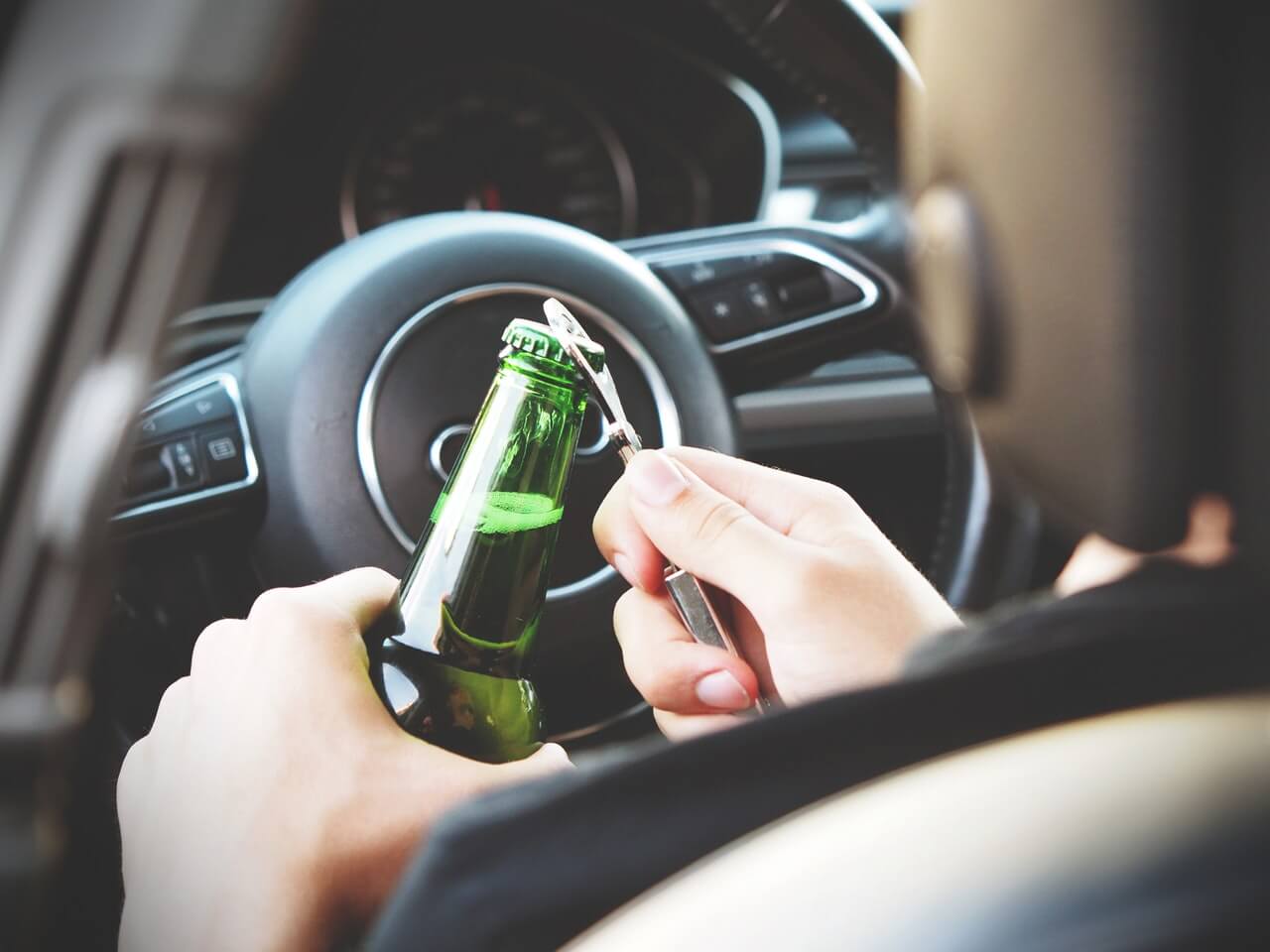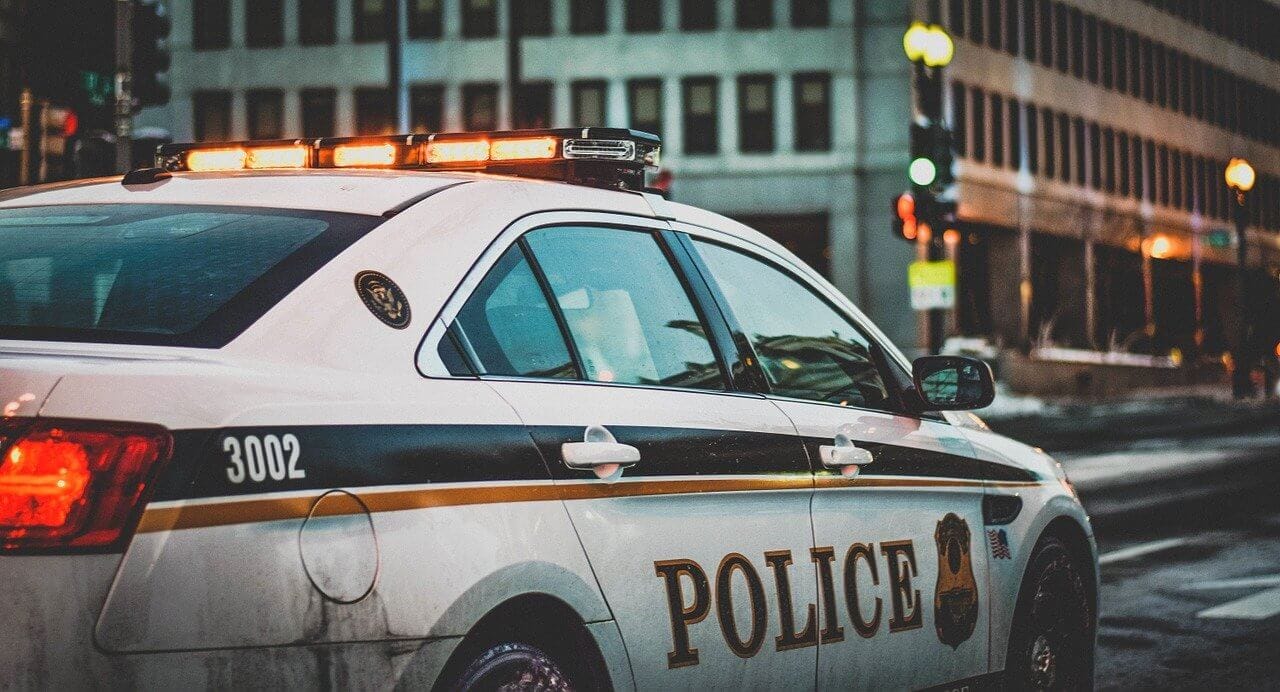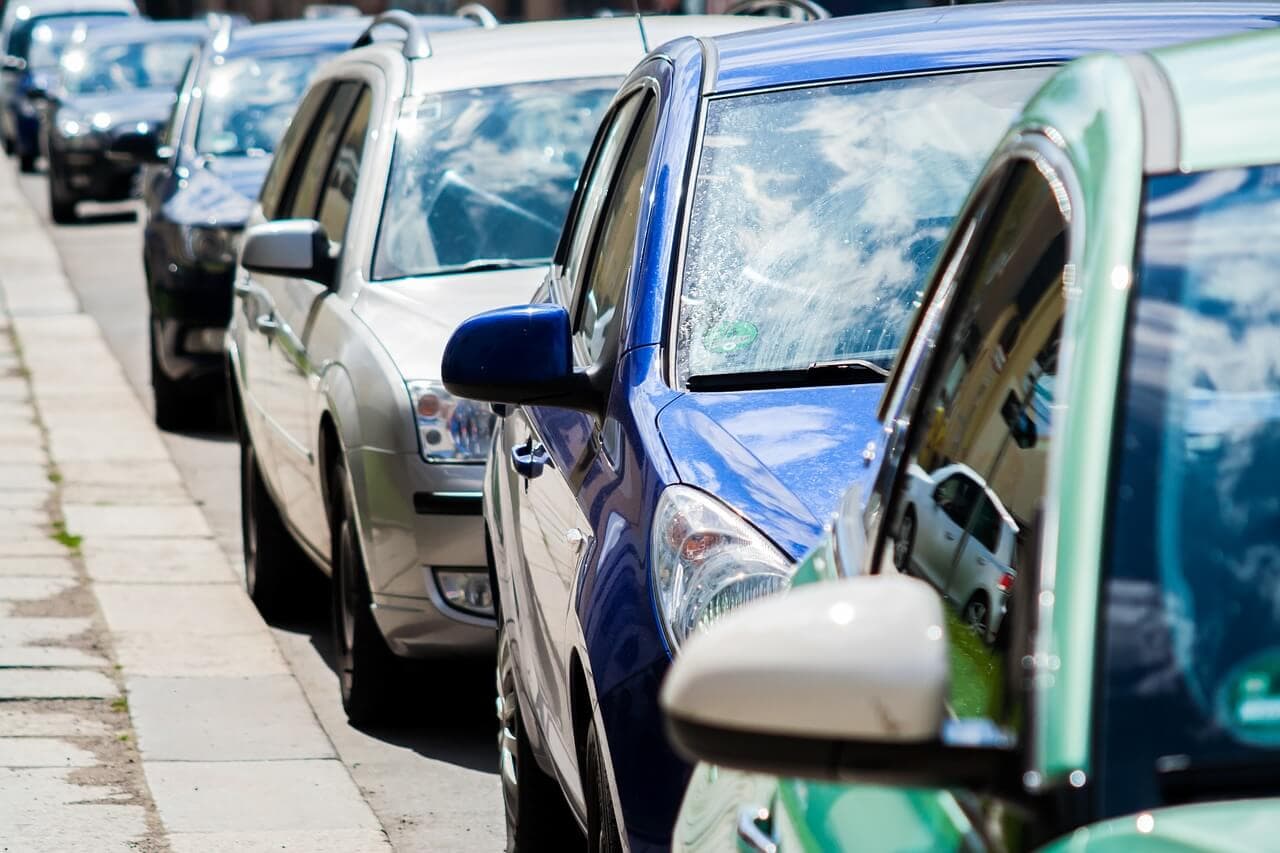The Charlotte DUI lawyers of Minick Law are in the business of providing information to clients. Information is power. Knowing the consequences that can stem from a DWI charge allows for preparation and planning.
Living in fear of the consequences of a charge is not helpful. Moreover, before reading over these consequences, remember that this charge is not going to ruin your life.
Understand the consequences so you can plan how to move forward with your life.
Will I Go to Jail if I am Convicted of a DWI in Charlotte, NC?
While jail time is a possibility for any person convicted of a DWI, the realistic likelihood of jail time depends on a whole number of different factors. The vast majority of people charged with their first DWI are not sentenced to do any active jail time. Jail time is more likely for a person with prior DWI’s, a child in the car, an accident which causes injury to another person or driving on a license which is suspended for a DWI.
We realize that a possible jail sentence looming over our client’s head can cause lost sleep and a lot of anxiety, so we try to address the likelihood of any jail time resulting from a DWI in our initial consultation.

What Can A Judge Require of Me if I’m Convicted of a DWI in Charlotte, NC?
Beyond jail time there can be numerous requirements that a Mecklenburg County judge can require as part of a DWI conviction:
- Probation – the judge can require a period of probation. Probation can be either supervised (where a probation officer is involved) or unsupervised (where there is no probation officer involved). If supervised probation is required, a person convicted of DWI might be required to: have regular meetings with their probation officer, maintain employment, submit to random drug and/or alcohol screens, and receive no further criminal charges during the period of probation.
- Community Service – a person convicted with a DWI might be required to complete community service.
- Alcohol Assessment and Treatment – a person convicted of a DWI will be required to complete an alcohol assessment and any recommended treatment.
- Continuous Alcohol Monitoring – a person convicted of a DWI can be required to wear a continuous alcohol monitoring device to detect alcohol if a judge requires a period of sobriety following the judgment.
Will I be Allowed to Drive after Getting a DWI in Charlotte, NC?
There are many driving consequences that can arise from a DWI. The length of suspensions related to DWI and the requirements for license reinstatement vary greatly depending on a number of factors, including: prior DWI charges, the blood/breath alcohol concentration (BAC) at the time of the DWI charge, and whether the driver’s license was suspended at the time of the charge.
For a first offense DWI case in North Carolina, a person’s license will be suspended for one year. Most people convicted of their first offense will be able to get a limited driving privilege that will allow them to drive for work, educational, treatment, and religious purposes. The judge may also be able to give driving privileges for household purposes (grocery store, bank, vehicle maintenance, etc.). The time frame of eligibility for this privilege depends on the circumstances of the particular case.
A driving privilege is a paper court order (not a plastic license) that allows a person to drive in North Carolina during a period of license suspension. A driving privilege allows driving for specific purposes during set time frames. A carefully drafted driving privilege is essential for achieving the maximum mobility during a period of license suspension.

When Can I Drive After a DWI in Charlotte?
If a person’s license is revoked for 30 days as a result of a DWI, such a civil revocation can be contested in Court if a notice requesting a hearing on the 30-day revocation is filed within 10 days of the date of the civil revocation taking effect (which is normally the same day as the DWI arrest).
Generally, if no hearing is requested or is requested but denied by the Court, a person would be eligible for a pretrial limited driving privilege on the tenth day following the charge. This allows you to drive during the final 20 days of the initial 30-day civil revocation. The privilege expires at the end of the 30-day civil revocation. It will no longer be valid after that time. Driving outside of the times, purposes, and locations allowed in the privilege is equivalent to driving with a revoked license. This is a zero-tolerance privilege, meaning that if you are pulled over with any level of alcohol in your system, the privilege may be found to be invalid. The cost of driving for this 20 day period is $100.00 payable to the clerk of court in the county of the charge.
After 30 days you can and should get your license reinstated, even if you have received a limited driving privilege. The pretrial limited driving privilege is only valid for the final 20 days of the initial 30-day revocation. It will be necessary to reinstate your license once 30 days has passed.
Will Getting a DWI Affect my Job?
Whether or not your job will be impacted by a DWI depends on a myriad of factors. Some employers draw a clear line in the sand when it comes to firing or refusing to hire a person convicted of a DWI (ex. Military, government, jobs that require CDL, jobs that require operating a company vehicle). However, many employers are much more cautious when evaluating potential job applicants convicted of a DWI.
Based on my experience as a Charlotte DUI attorney, my advice is that if you are interested in a job, then apply. Don’t screen yourself out of a job because you believe that you are not hirable due to a DWI conviction. You might be surprised how uninterested a potential employer is in your DWI conviction.
Also, many clients ask if they should report a DWI charge or conviction to an employer. I think this depends in a large way on your relationship with your employer/supervisor. If you have a co-worker, manager, or union representative that you feel comfortable sharing this information with to get some guidance, that might be advisable. Also, be aware that many larger companies may have requirements for reporting a DWI conviction, so refer to your company’s employee handbook for reporting requirements if such a handbook is available.
We also frequently get asked if the court or probation officer will report a conviction directly to an employer. In my experience there has generally been no contact of employers by court personnel.
At the end of the day, you know your employer best so use good judgment on if, when, and how to report a DWI to an employer.
Will Getting a DWI Affect My College Opportunities?
A DWI can impact your higher education opportunities. However, like most employers, I think most educational institutions are going to view a DWI as one factor among many when evaluating a potential applicant, and not use a bright line model where anyone with a DWI conviction would be rejected. Don’t let a DWI conviction prevent you from applying to college.
For anyone with a scholarship, a DWI conviction can cause the loss of financial aid. Look at the scholarship requirements to determine what, if any, impact a DWI would have on the ability to keep or reapply for that scholarship.

How Much Time Will I Lose As a Result of a DWI?
Time is another significant consequence of a DWI charge. A person facing a DWI charge can spend vast amounts of time in court, completing community service, completing alcohol treatment classes, meeting with an attorney, meeting with a probation officer, waiting on others to help with transportation (for those without driving privileges), and anxiously worrying about the many unknowns related to their case.
The best way to minimize the amount of lost time related to your DWI charge is through careful planning and being informed about your case.
How Much Money Will Getting a DWI Cost Me?
The financial consequences of a DWI are significant and can include: attorney’s fees, court costs and fines, increases in auto insurance premiums, the cost of obtaining an alcohol assessment and completing any recommended treatment, continuous alcohol monitoring, inpatient treatment, and impact on employment.
Knowing the short-term and long-term financial impact of a DWI is crucial to making informed decisions about your case.
If I’m convicted of a DWI, will my insurance rates jump?
After being charged with a DWI, a driver is considered to be dangerous and more likely to cause an accident. As such, insurance companies can raise their rates exponentially. A conviction for a DWI will add 12 points to your driving record and cause, up to a 400% increase of your insurance rates.
Does Getting a DWI Keep Me From Getting a Concealed Carry Permit?
If convicted of a DWI a person will lose their ability to obtain a carrying concealed handgun permit for three years.
How Long Does a DWI Conviction Remain on My Record?
If you are convicted of a DWI in North Carolina, the conviction remains permanently on both your North Carolina Driving Record and criminal record, under our current laws. If the DWI is dismissed or you are found not guilty, it is possible to remove the DWI from your criminal record if other conditions are satisfied.

I got a DWI in NC but I have an out-of-state driver’s license, will my licensing state find out?
More than likely, yes. Although there is always the possibility that your arrest will fall through the bureaucratic cracks. Most states have agreements with other states to share information regarding arrests and driving records.
What are the consequences of being pulled over for a DWI with a child under the age of 18 in the car?
If you have been charged with a DWI and a child under the age of 18 was in the car, you are facing more serious punishments upon conviction.
Having a child under the age of 18 immediately bumps the charge up to a Level 1 punishment. This carries a minimum of 30 days in jail and a maximum of 2 years in jail and a fine of up to $4,000. This punishment also applies if you have a person who has the mental capacity of a person under 18 or a passenger who is disabled and cannot leave the vehicle without assistance in the car.
What are the consequences of blowing a high Blood Alcohol Concentration (BAC)?
Although an individual can be charged with a DWI for anything 0.08 or higher, if you blow at or above a 0.15, you face more serious consequences. As a result of this higher BAC, you are subject to four things:
- A BAC at or above a 0.15 is considered an aggravating factor for sentencing purposes
- A 45-day waiting period to obtain a limited driving privilege
- Installation of the Ignition Interlock system for the purposes of a Limited
- Driving Privilege
- Mandatory alcohol assessment




























